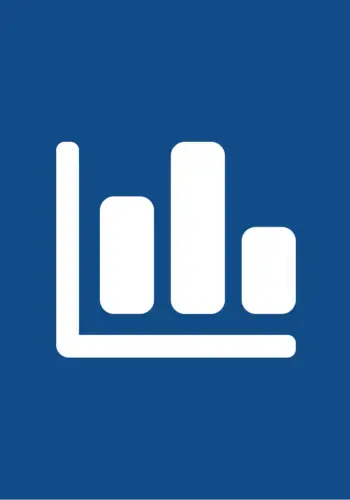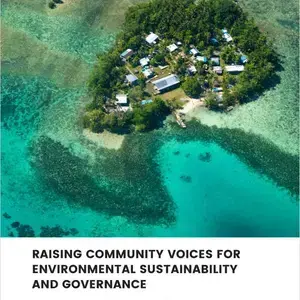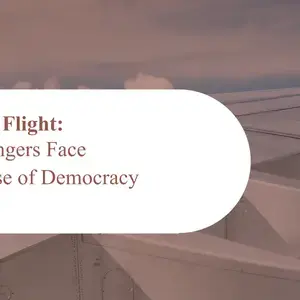‘We want a homeland’--Iraqis Assess Anti-Government Protests and Their Country’s Path Forward
The National Democratic Institute (NDI) recently completed a series of focus groups and key informant interviews in Iraq to identify public views and perceptions about the anti-government protests, assess the response of the government and other stakeholders, and explore a potential path forward.
Key findings reveal widespread agreement about the causes of the mass protests that swept Baghdad and the southern provinces of Iraq in October 2019. Research participants see the protests as an authentic, homegrown, and leaderless movement backed by the Iraqi people to bring down a governing system that has failed them. There is a sense that rampant corruption has squandered the country’s wealth, while the Constitution and election system help incompetent and corrupt leaders to remain in office. Participants display a sense of hope that these protests are bringing Iraqis together across religion and sect, and are awakening a desire for civic activism to force an overhaul of the current political system, restore dignity, and improve people’s lives.
Yet, support for the protests is not universal, and some Iraqis worry that protests have become too dangerous and disruptive by generating violence and shutting down schools, roads, and hospitals. Others feel that protests have been co-opted by powerful political parties and foreigners. And some feel that the protests place additional stress on long-standing divisions, especially related to questions of equity between the southern Shia provinces most active in the protests, the Sunni-predominant provinces in the West, and the Kurdistan Region of Iraq.
Both supporters and critics of the protests agree that the government is acting too slow to respond to public demands and with too much violent force against protesters. Participants feel that concessions from the government, including the removal of the Prime Minister and a new election law, are too little too late. Protesters mostly place the blame for violence on the government and the militias they view as controlled by political parties or Iran. This brutality makes most feel that the government is not a viable negotiating partner.
Protester demands are seen as expansive and, at times, vague. Yet, across the country, several broad themes emerge. Most research participants want more than a change in leadership, but a change in the governing system, which includes reducing the power of political parties and their militias and electing a stronger, independent national leader, potentially through a presidential system. There is a great desire for early elections under U.N. oversight. To fight corruption, they want to remove quotas that ensure leaders are more beholden to political parties and sects than citizens, and they demand leaders who are qualified and educated for key positions. Many demand broad economic changes, including reconsideration of the distribution of oil wealth. And they want justice for protesters killed by security forces.
Ultimately, the path forward should be decided by Iraqis. Based on research of Iraqi sentiment—fielded from the end of December 2019 to the beginning of February 2020 in Baghdad, Basra, Diyala, Erbil, and Nasiriyah—this report offers recommendations to protesters, Iraqi leaders, and the international community. Please find the full report here. For more information about this project, please contact: Zac Sideras at [email protected].




